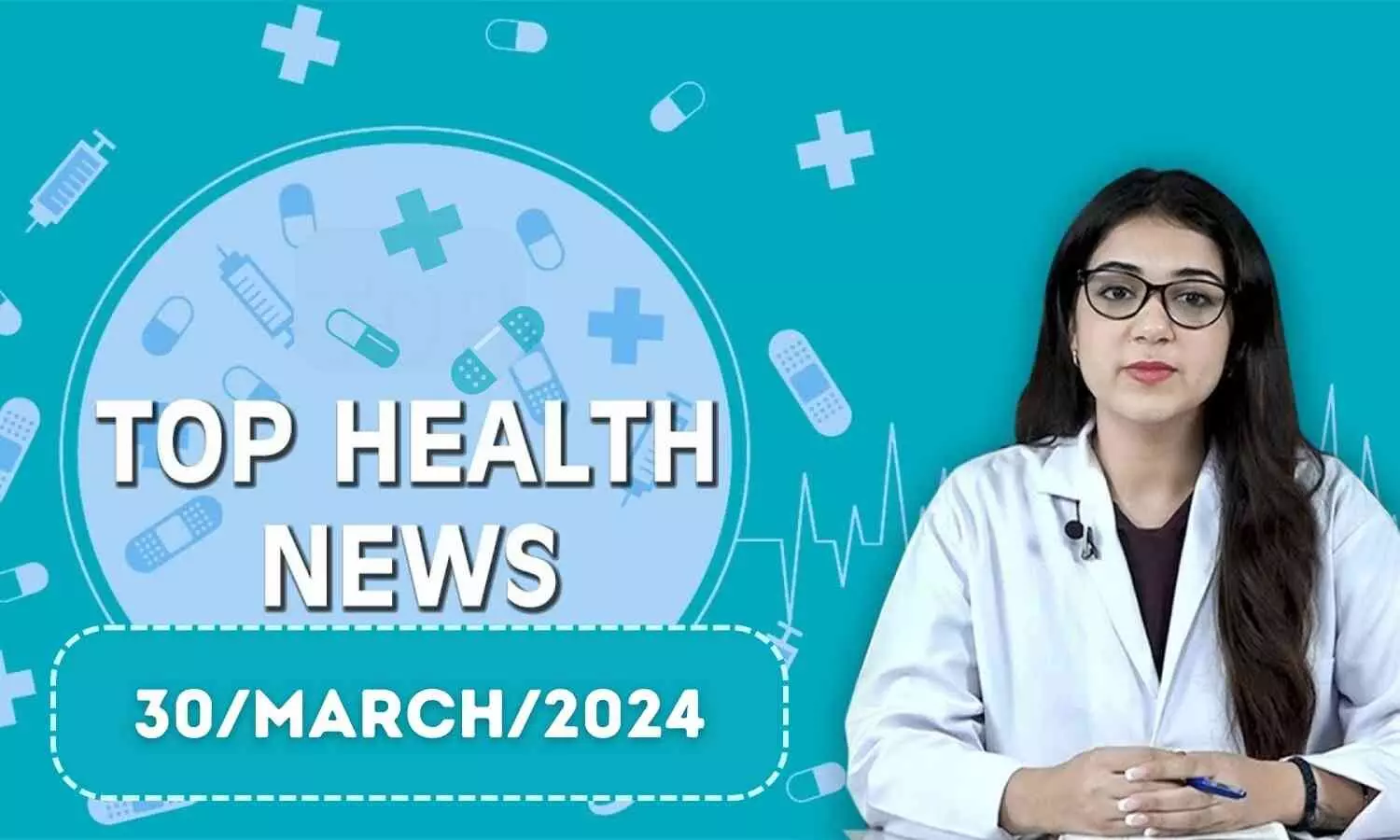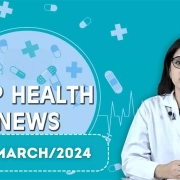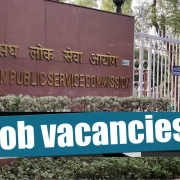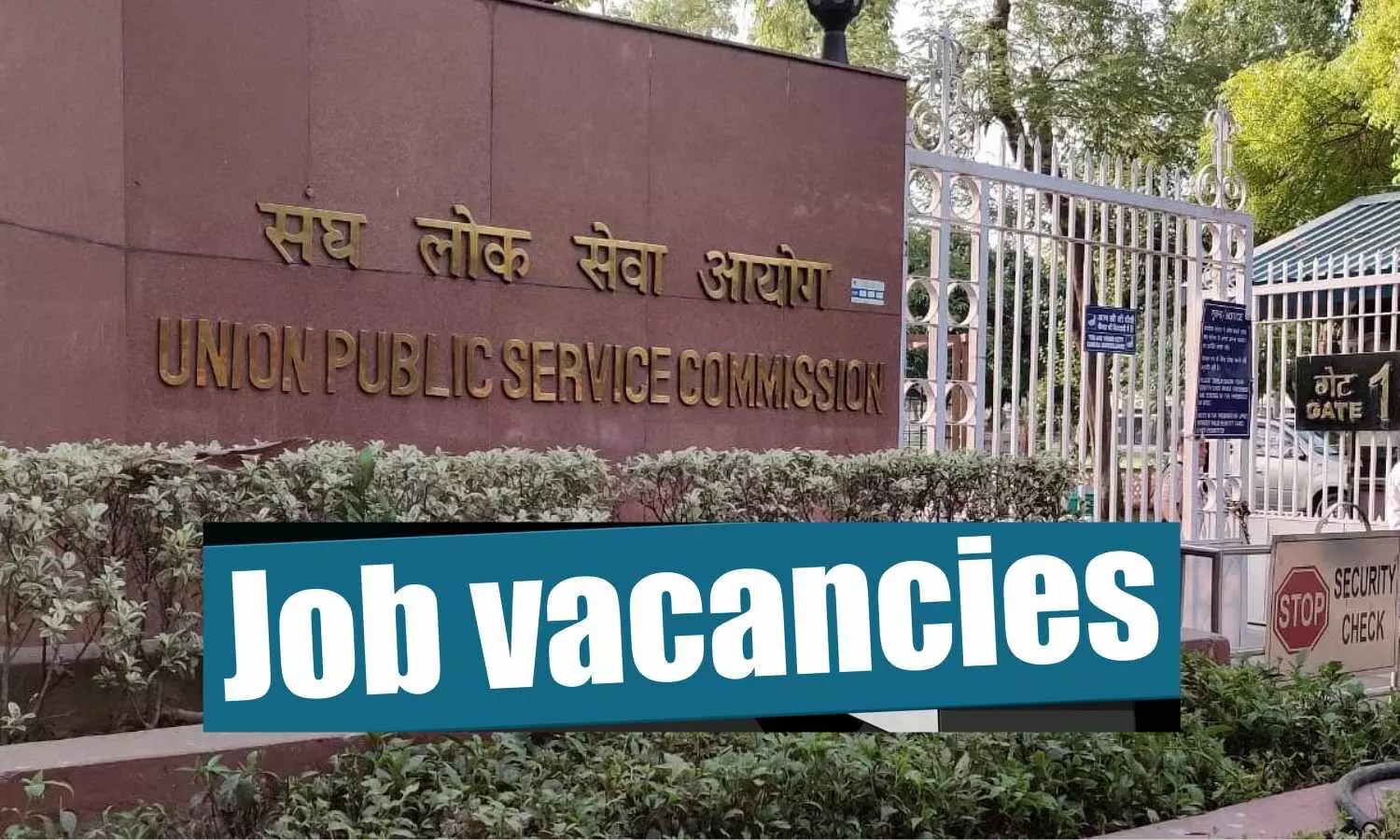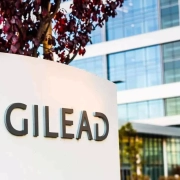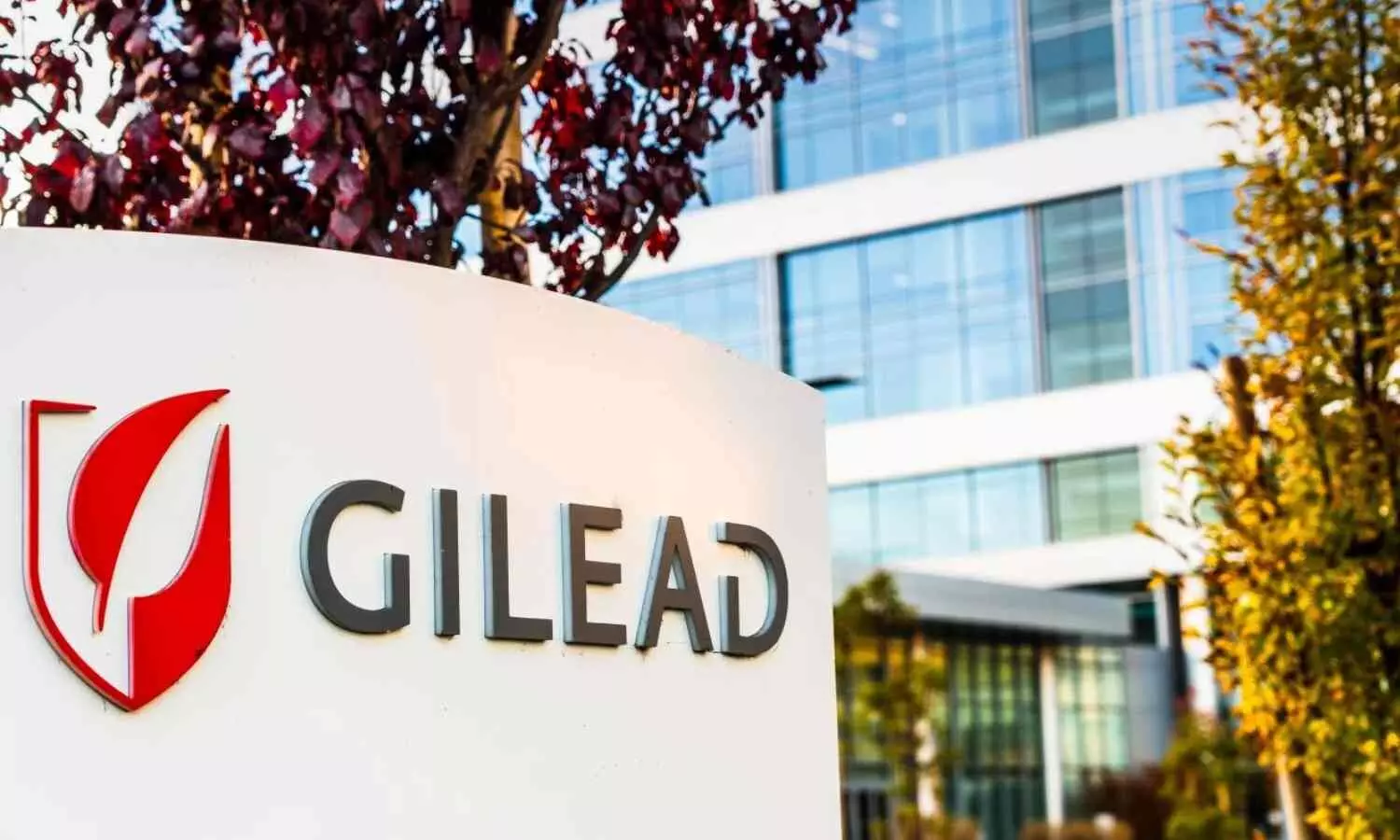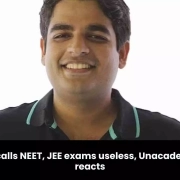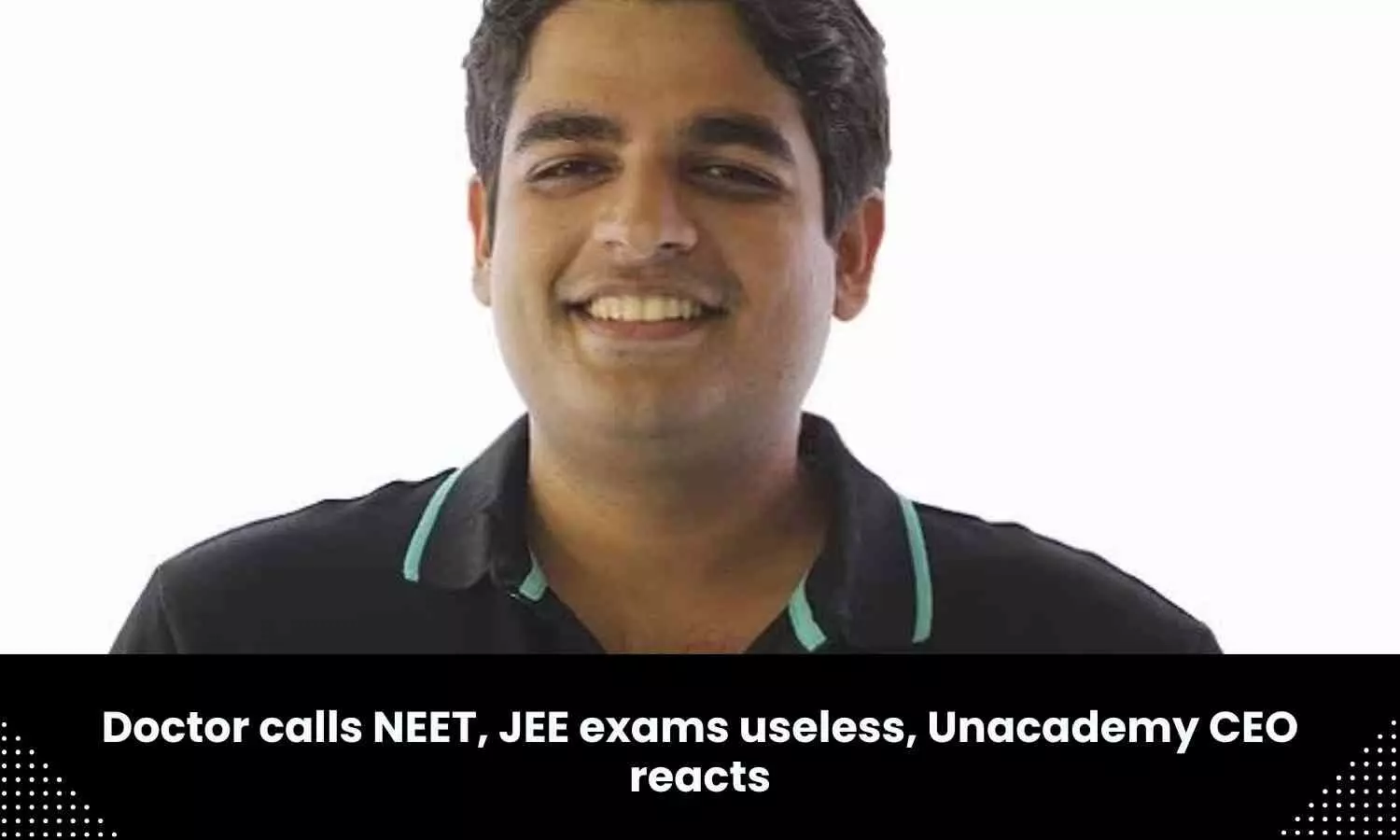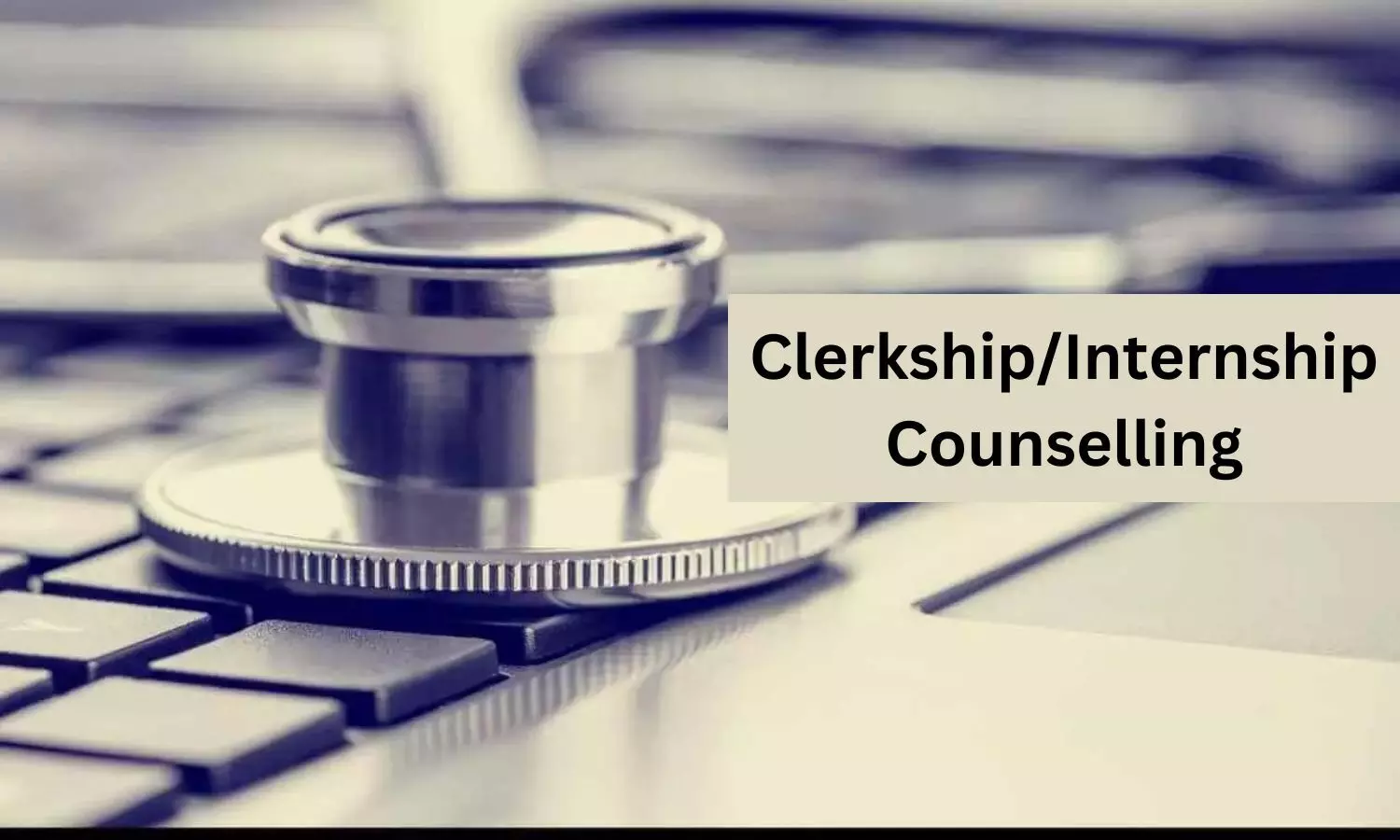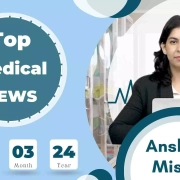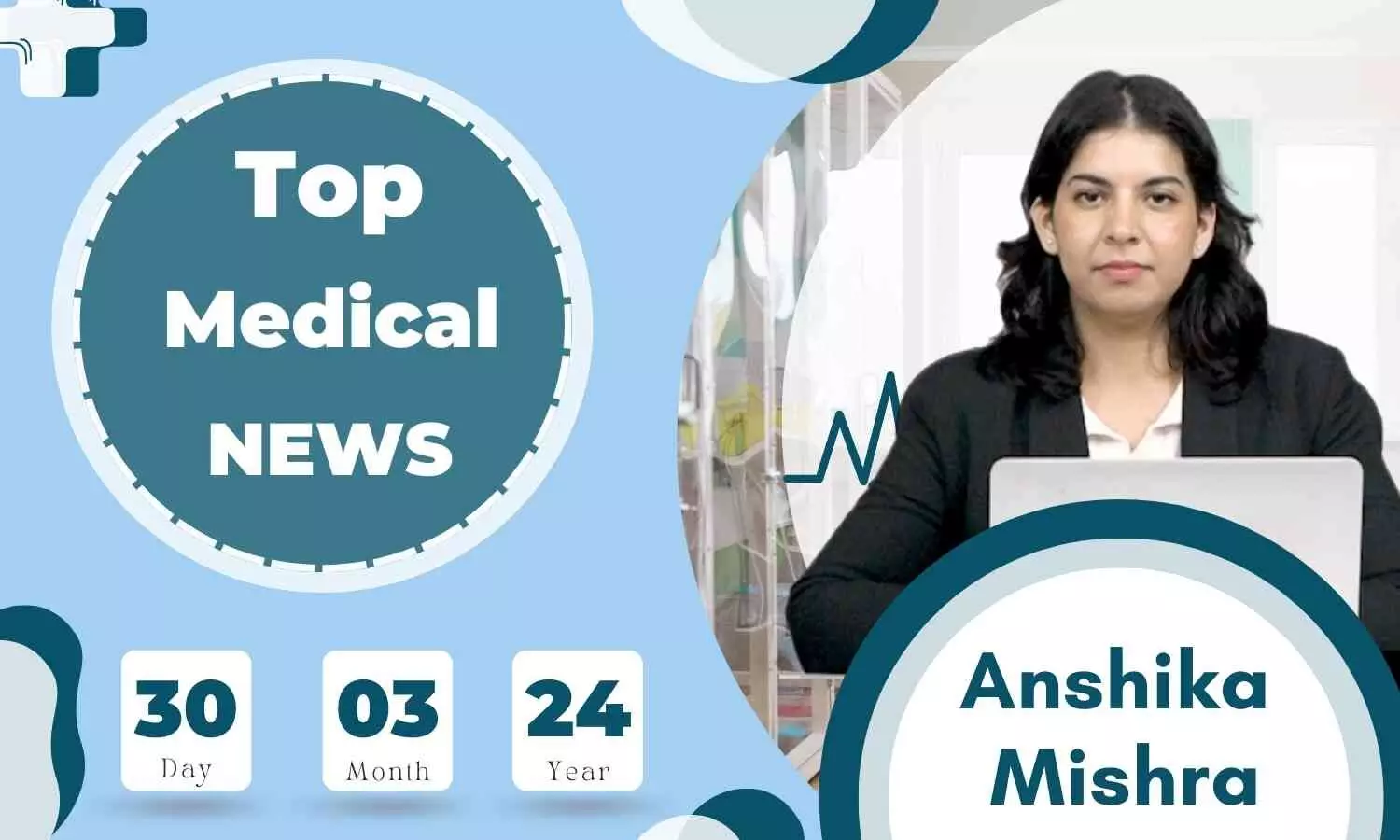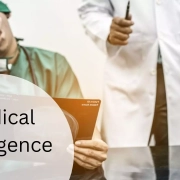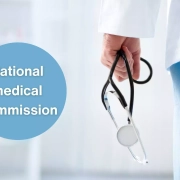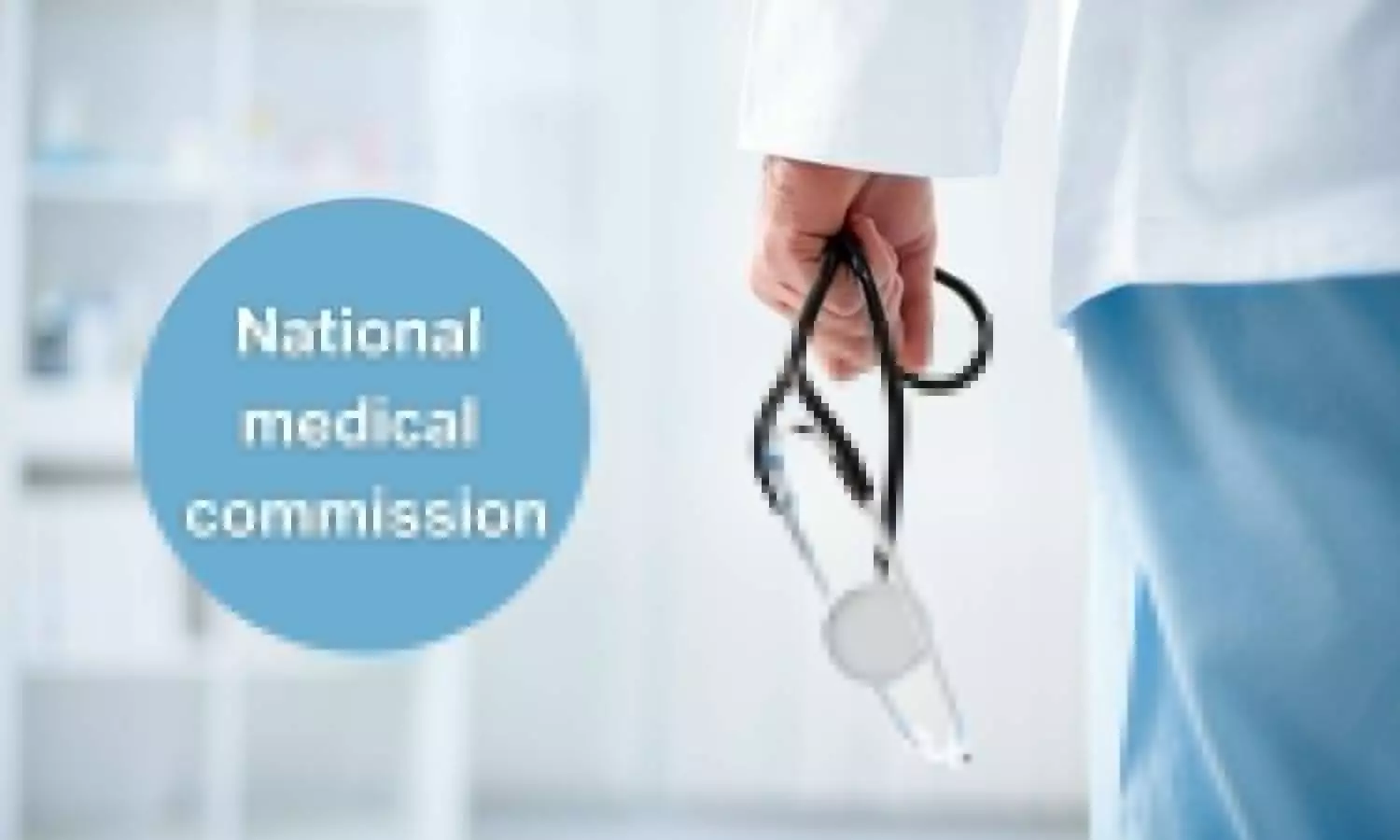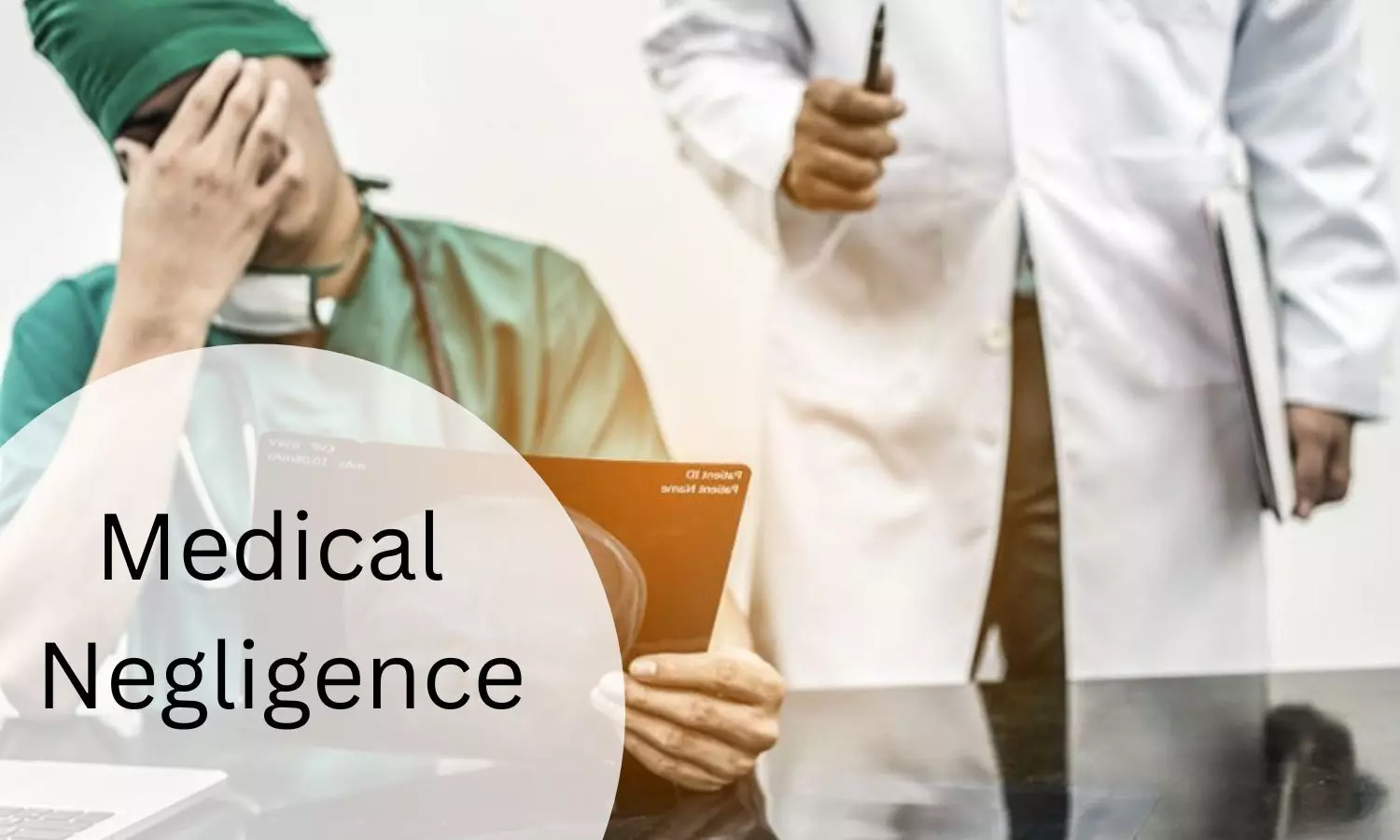
Chandigarh: The State Consumer Disputes Redressal Commission (SCDRC), Punjab recently directed a Gynaecologist to compensate a patient, who lost her inability to conceive a child due to negligence in treatment.
It was alleged that while the patient had an ectopic pregnancy, the treating doctor could not diagnose the same and could not understand the USG report. Due to a delay in treatment, her Fallopian Tubes got damaged and they had to be removed by emergency surgery.
Earlier the District Consumer Court had directed the doctor to pay Rs 2.5 lakh compensation to the patient. However, while considering the plea, the State Commission enhanced the amount of compensation from Rs 2.5 lakh to Rs 5 lakh.
The matter goes back to 2018 when the patient approached the treating Gynaecologist after conception for a check-up. A few days after the first visit, the patient felt severe pain in her lower abdominal part and she decided to contact the doctor again in her hospital. The doctor prescribed Ultrasound, BETA HCG, +HB and all these tests were conducted accordingly. However, allegedly, the patient did not get any relief with the medicines prescribed by the doctor. When she questioned the doctor, another Ultrasound was conducted.
However, since the prescribed medicines could not cure her pain, the patient was admitted to CMC, Ludhiana. After diagnosing her condition, the treating doctors there removed both of her Fallopian Tubes as they had been damaged. The patient got to know that her problem was life-threatening and the treating Gynac had not operated in time and did not take care of her medical problem properly.
As a Gynecologist, she had allegedly failed to understand the problem as reported in Ultrasound Reports/Tests in which it had been shown that her tubes had ruptured and required immediate medical treatment to stop bleeding, the complainant stated.
While the first USG report mentioned “Large… 2) Halmo Peritonoeus, Ruptured Ectopic”, her condition was found to be aggravated in the second ultrasound. On the other hand, the medicines prescribed by the doctor were allegedly for Vitamins/Iron deficiency.
Therefore, the complainant argued that the doctor was negligent in her duty, failed to provide required treatment in time and was also unable to understand the Ultrasound Reports. Claiming that the said negligence of the doctor had put the life of the complainant in danger, and made the complainant suffer as she could not enjoy the happiness of motherhood in her future life, the patient filed the consumer complaint and demanded Rs 18 lakh as compensation and Rs 50,000 as litigation cost. The complainant also pointed out that she had to incur extra expenses for her treatment at CMC Ludhiana.
On the other hand, the doctor alleged that the patient came for follow-up late, and did not undergo the tests as required. Referring to the first USG report, which was conducted, the doctor pointed out that the report reflected that her uterus was bulky and large, also there was “large amount of fluid collection gathered in the pouch of Douglas, septal present. Impression:?? Hemoperitoneum (ruptured ectopic pregnancy).”
The doctor mentioned that the patient was hemodynamically stable and the ultrasound pelvis report was equivocal. To confirm it, BETA HCG was advised and the patient was prescribed medicines like Rebired & Polybion as routine treatment and not for tubal pregnancy. It was highlighted by the doctor that the BETA HCG report revealed a level of 835.6 mIU/ml (0.53) and her CBC levels in the report were Hb-9, TLC-9,200, and platelets-327000, which was normal.
After the check-up, she was advised Beta HCG to be repeated after 48 hours which was repeated and was not shown to the doctor on that day. Later when the patient came back with pain in the abdomen, tenderness was found in her lower abdomen. The patient was advised to undergo an ultrasound of abdomen again. However, she did not approach the doctor for follow-up. Therefore, the doctor pleaded that every act had been done diligently, prudently, with utmost care and as per medical ethics. Claiming that the complainant did not approach her regularly for follow-up, the doctor alleged that the sole negligence was of the patient herself and not the treating doctor,
The District Commission allowed the complaint and directed the doctor to pay Rs 2,50,000 as compensation to the complainant along with Rs 54,762 which she paid in the CMC, Ludhiana for her treatment. The doctor was ordered to pay another Rs 10,000 as litigation costs.
This order of the district consumer court was challenged both by the patient and the treating doctor before the State Commission Disputes Redressal Commission (SCDRC).
While considering the matter, the State Commission noted that initially after examining the patient, the doctor advised USG of the whole abdomen but on seeing the same, it was found that there was a crossed mark on the said advice/circle. Thereafter, the patient underwent Ultrasound Pelvis and the report mentioned, “ruptured ectopic pregnancy found”.
The complainant showed the report to the doctor and it was recorded in the Ultrasound report ‘kindly review’. After review, the Radiologist reiterated the same report. Thereafter, the complainant got her Beta Human Chorionic Gonadotropin (BHCG) test conducted, wherein her BHCG level was recorded as 835.6.
For the sake of having a second opinion, the Complainant had got another Ultrasound done from another Diagnostic Centre and again it was reported Pelvic Mass (CH. Ectopic Nodal Mass). However since the patient was suffering from severe pain and did not get any relief with the treatment provided by the treating doctor, the patient’s husband decided to admit her to CMC Ludhiana.
The complainant relied on the statement of the treating doctor at CMC Ludhiana, Dr. Goyal, who informed the District Consumer Court that after the diagnosis of the patient’s problem, it was necessary to conduct surgery immediately. In her statement, she further said that the surgery could have been conducted much before.
In support of her allegations, the complainant also relied on an expert opinion provided by Dr. Kaur, who after going through the medical record stated that the USG dated 28.06.2018 confirmed haemoperitoneum corresponding to history and test as ruptured ectopic pregnancy. Further, she stated that at that time, the patient was required to be guided regarding the seriousness of her condition. She should have been referred to an expert in the field or immediate surgery should have been advised. In her opinion, not opting for immediate treatment for ruptured ectopic and unnecessary delay in treatment for 10 days was a clear-cut case of negligence.
Meanwhile, the State Commission noted that the treating doctor in her defence could only say that the complainant did not follow her instructions and did not approach her for follow-up. However, the doctor also admitted that she had given the medicines only for the symptoms and not for the treatment for “Raptured Ectopic Pregnancy”. She had further admitted that the medicines prescribed by her could not improve the condition of Ruptured Fallopian Tubes. She could not answer whether the ruptured ectopic pregnancy was a medical emergency.
Therefore, holding the treating doctor negligent, the State Commission observed,
“OP No.1-Doctor had admitted in her cross examination that medicines had been given only for symptoms and not for the treatment for RAPTURED ECTOPIC PREGNANCY. Therefore, it is clear that due to delay in dealing with the medical condition of the patient, OP No.1 had failed to take immediate necessary step in operating upon the Complainant which has resulted into the loss of the fallopian tubes of the patient, for which the OP No.1/Doctor is responsible. For the said action of the OP No.1, the Complainant/Respondent No.1 had been deprived of her happiness of becoming a mother. For the reasons and circumstances as mentioned above, it has clearly emerged that the treating Doctor i.e. OP No. 1 remained negligent and deficient in her services.”
With this observation, the State Commission upheld the order passed by the District Consumer Court and noted that the treating doctor could not tender any cogent evidence to exonerate herself from the allegations of medical negligence on her part. “Therefore, the order of the District Commission is upheld with respect to medical negligence of OP No.1, which has been proved beyond doubt,” the State Commission noted.
The Consumer Court also considered the appeal by the complainant for an enhancement of the amount of compensation. It was pleaded by the complainant that due to negligence by the doctor, she could not conceive naturally during her lifetime as her reproductive system had been affected due to the removal of her Fallopian Tubes. The only remedy left with her to become a mother is to undergo/try IVF Treatment. Therefore, the complainant pleaded to enhance the amount of compensation to Rs 18 lakh.
It was observed by the State Commission that “early treatment could have saved further damage to her Fallopian Tubes and the Complainant could have become mother with natural conception…Had the surgery been conducted well in time, the Complainant could have been saved from damage of her another Fallopian Tube.”
Noting that the only option left to the complainant to enjoy the happiness of motherhood was only IVF treatment, the Commission agreed that the amount of compensation awarded by the District Commission was on the lower side and it required to be enhanced.
Therefore, enhancing the amount of compensation, the State Commission noted, “The second appeal i.e. F.A. No. 96 of 2020 is partly allowed by enhancing the amount of compensation from Rs.2,50,000/- to Rs.5,00,000/-. Remaining part of the order of the District Commission is upheld.”
To view the order, click on the link below:
https://medicaldialogues.in/pdf_upload/punjab-state-commission-compensation-234986.pdf
Also Read: Suspected Ectopic Pregnancy admitted under Surgeon rather than gynecologist: Fortis slapped Rs 10 lakh for negligence
